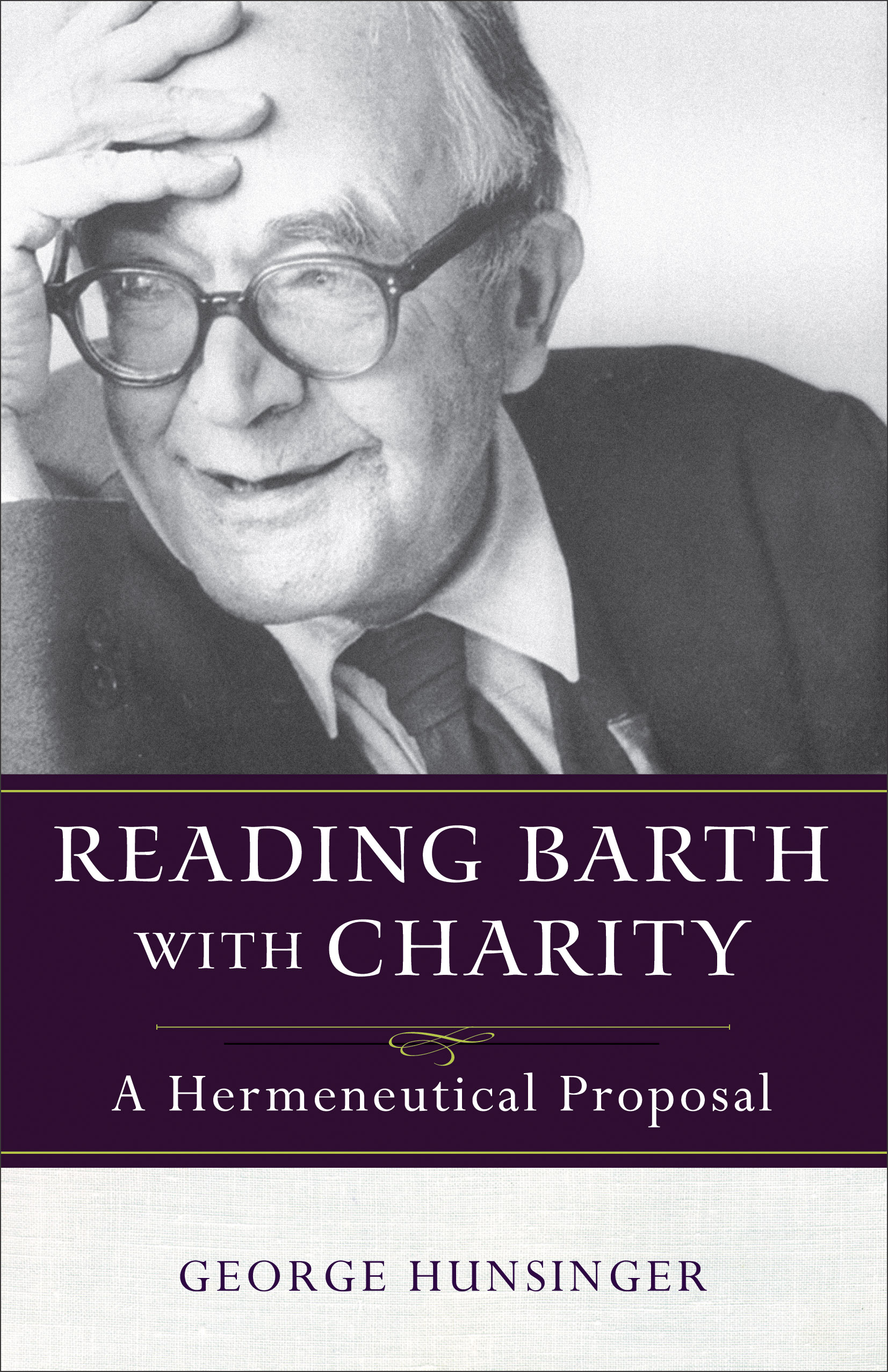 The other day I found a few interesting articles while browsing – something I don’t get to do often enough, it seems…
The other day I found a few interesting articles while browsing – something I don’t get to do often enough, it seems…
“Barth Wars” at Princeton?
My copy of George Hunsinger’s new book arrived on Monday, and I hope to read it as soon as semester is over and the marking is in. I had opportunity to meet with both George and Bruce McCormack at Princeton during my visit last December. Perhaps the word “war” is a bit rich, but the interpersonal friction between the two eminent Barth scholars is sad. I have learnt a great deal from both and respect them both very highly, even if I don’t agree with them on every point.
On Marriage and Millennials from First Things
To my students, the authors of “What is Marriage?” are making a troubling move, reducing the purpose of marital sex to its reproductive function. What they seemed less able to recognize is that they have inherited the inverse: a view of sex with little meaningful connection to procreation. And once such a view of sexuality is embraced, there is not much foothold, aside from appeals to biblical authority, to support the conjugal understanding of marriage.
Another book that I enjoyed but also found funny was Christian Smith’s The Bible Made Impossible. It was funny because his sociological approach highlighted in a humorous way, the way evangelicals often use the Bible. This even-handed review treats the book fairly, and rightly suggests that Smith has caricatured evangelicals as a group. Smith’s attack on the word “biblicism” is perhaps too general, even though he carefully nuances what he means by the term. I still think that “biblicism” is okay, if what is meant by the term is a respect for and commitment to the authority of Scripture. Obviously there are different models for understanding that authority. One weakness of the review is that the author does not really engage with Smith’s constructive chapter on christological interpretation.
Speaking of Scripture, the theme and Call for Papers for next year’s Los Angelos Theology Conference has been announced: The Voice of God in the Text of Scripture. If I lived in North America, I would go. As it is, I will wait for the book…
